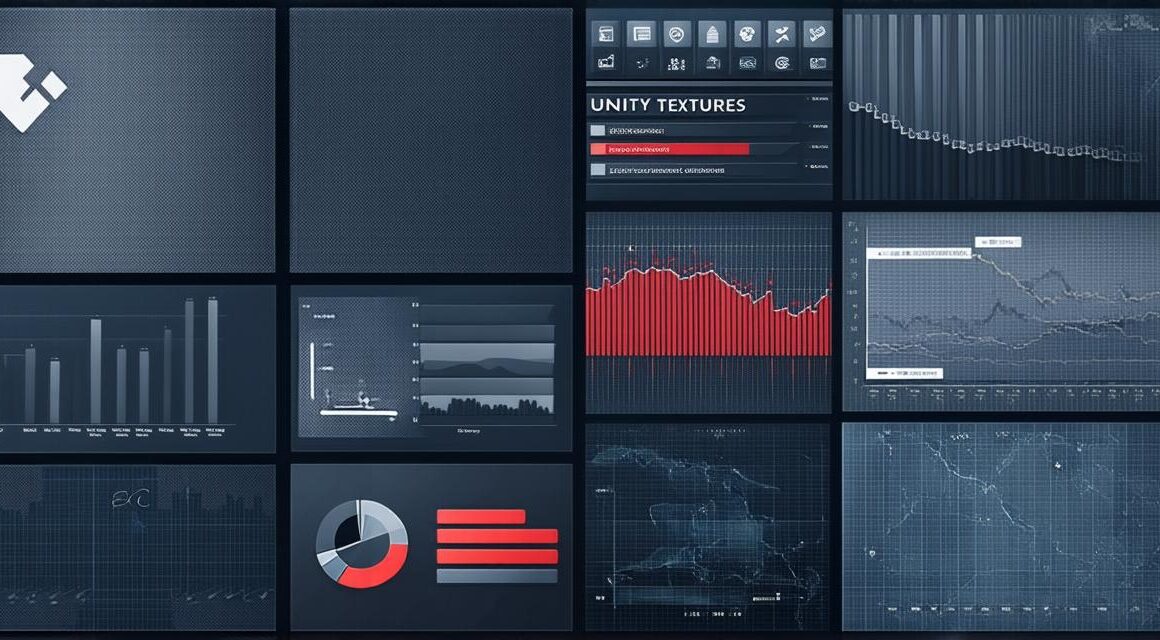Introduction
Unity Technologies, the leading game engine and development platform, experienced a significant stock drop in late 2023. The decline was attributed to various factors that affected the company’s financial performance, growth prospects, and market position. In this article, we will delve into the key factors contributing to Unity’s stock drop and provide an in-depth analysis of their impact on the company’s future outlook.
1. Increased Competition
One of the primary factors contributing to Unity’s stock drop was increased competition in the game development market. In recent years, several new game engines have emerged, such as Epic Games’ Unreal Engine and Amazon’s Lumberyard. These competitors have offered features and tools that are similar or superior to Unity’s, making it more difficult for Unity to maintain its market dominance.
For example, Unreal Engine has gained significant traction among game developers due to its advanced graphics capabilities, support for virtual reality, and a large community of developers. As a result, many game studios have started using Unreal Engine instead of Unity, leading to a decline in the number of new Unity users.
Moreover, Unity’s competitors are constantly improving their offerings, making it more challenging for Unity to maintain its position as the market leader. For instance, Epic Games recently announced the release of Unreal Engine 5, which includes several new features such as real-time ray tracing and improved performance on mobile devices. This announcement may have further deterred potential Unity users from switching to Unreal Engine.
2. High Valuation
Another factor contributing to Unity’s stock drop was its high valuation compared to other companies in the tech industry. Investors had high expectations for Unity’s future growth and revenue, which led to an inflated stock price. However, as the company’s growth prospects became more uncertain, investors started selling off their shares, leading to a sharp decline in the stock price.
Furthermore, Unity’s valuation was higher than some of its peers, such as Epic Games and Autodesk, which raised concerns about its ability to sustain this high valuation. This comparison highlights the importance of maintaining a realistic valuation based on a company’s financial performance and growth prospects.
3. Currency Fluctuations
Currency fluctuations also played a role in Unity’s stock drop. The company generates a significant portion of its revenue from outside the US, where the dollar is strong compared to other currencies. This can make it more expensive for Unity to do business in these countries, leading to lower profit margins and reduced revenue growth.
For example, in 2023, the euro was significantly weaker compared to the dollar. This meant that Unity’s European customers had to pay more for its products and services, which could have led to a decline in demand and revenue. Moreover, currency fluctuations can also affect the value of foreign investments, making it more challenging for investors to hold onto their shares in Unity.
Additionally, currency fluctuations can impact the pricing strategy of game developers. For instance, if the price of a game is set in dollars but the majority of the player base is from a country with a weaker currency, the game may not be profitable for the developer. This could lead to a decline in demand for Unity’s products and services, further affecting its financial performance.
4. Changing Market Trends
Finally, changing market trends also contributed to Unity’s stock drop. The game development industry is constantly evolving, and companies that fail to adapt to these changes can struggle to maintain their market position.
For instance, the rise of mobile gaming has led to a decline in demand for traditional console and PC games. Unity has faced criticism for its lack of support for mobile gaming, which has limited its ability to tap into this growing market. In contrast, competitors such as Unreal Engine have made significant investments in mobile gaming development tools, making it easier for game studios to create games for mobile devices.
Moreover, the emergence of new technologies such as augmented reality and virtual reality has also affected the game development industry. These technologies require specialized skills and tools, which may not be available on Unity’s platform. This could limit the potential of Unity’s user base, further affecting its financial performance.
Summary
In conclusion, Unity’s stock drop in 2024 was due to several factors, including increased competition from new game engines, high valuation, currency fluctuations, and changing market trends. These factors have affected Unity’s financial performance and growth prospects, which may have contributed to its stock drop. However, it is important to note that the stock market is highly volatile, and Unity’s future outlook depends on several external factors, such as economic conditions and market trends. Nonetheless, Unity should continue to invest in research and development, adapt to changing market trends, and focus on providing a high-quality platform for game developers to maintain its market position and financial performance.



